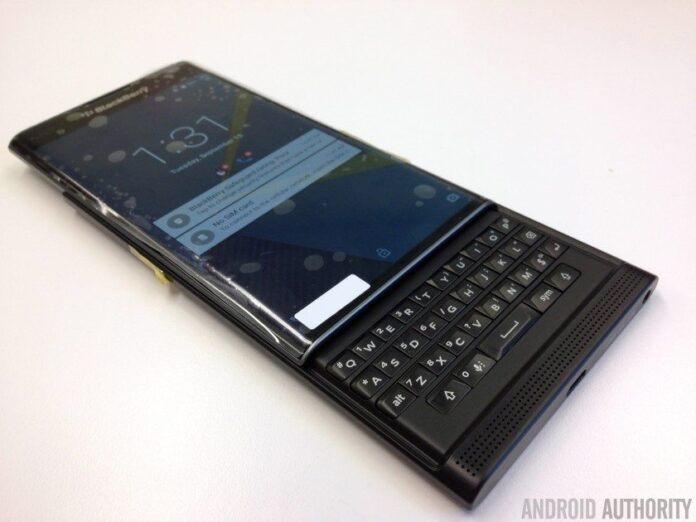BlackBerry is introducing its new Android device, the Blackberry Priv, which sounds like a wireless device that focuses on privacy and security. While that has always been the strength of BlackBerry and something that set it apart from the competition, it was not enough over the last several years as BlackBerry wallowed in the mud. But perhaps it has a future with the Priv and Android.
The BlackBerry Priv will have the familiar QWERTY, slide-out keyboard. It also will provide security to many users who are concerned about such things, which makes it sound like the Priv will focus on business and government users.
BlackBerry CEO John Chen said the Priv will be the solution for smartphone users who are learning daily of the lack of privacy they have on their current devices. If you have been reading my columns for any length of time, you will recognize this as the advice I have been offering BlackBerry for years. Quite a bit of time has passed, however, and the marketplace is different.
Will BlackBerry Android be successful?
Will this new direction be successful? That’s the big question. Quite a lot of water has already gone under the bridge over many years. BlackBerry was a strong brand, but is now old and tired. Can they reinvigorate the brand and become relevant again? That’s the question and the challenge.
It is possible. Others have done so. As an example, consider the AT&T of a decade ago. The company was a dying long-distance giant before it was acquired by SBC, which also acquired BellSouth and Cingular. SBC reinvigorated and refreshed the AT&T brand.
Today AT&T is one of the best-run and fastest-growing competitors in its space, and it is expanding into other industry segments including wireless with AT&T Mobility, wireline, IPTV with U-verse, DirecTV, Internet and more.
There also are plenty of companies that have struggled and have not recovered. Companies like Nokia, which was sold to Microsoft a few years ago. In fact both BlackBerry and Nokia were at one time the leaders on the handset side of the wireless business.
They were at the top of their game until Apple iPhone and Google Android transformed the space virtually overnight sending both BlackBerry and Nokia into the toilet.
Blackberry Priv has a chance
I believe BlackBerry has a chance to reinvigorate itself with its new Android line, especially in a world where data theft occurs all over the place. A more secure system would be extremely important to a certain slice of the customer pie – mainly the business and government sectors would generally be good candidates for privacy.
The device will have to be really sharp. That means it will have to look good and work easily and quickly. It will have to be thin and light. It will have to offer lots of apps, which business and government users want.
If BlackBerry can create a desirable device, it will also have to reinvigorate and “youth-anize” its brand name. The company will have to strengthen its relationships with the media and analyst communities. It will need to win us over and get us on its side so our commentary and stories will be supportive of its new direction.
There is so much the company has to change and get right. At this point, missing just one item is enough to keep BlackBerry from reigniting growth. However, if it does it all right, it may indeed become important once again in a slice of the industry pie.
Either way, I hope other handset makers listen to the importance of added smartphone security. After all, as we all use these devices to manage more of our lives, it is important to protect the user, whether that’s business, government or ordinary consumers.

